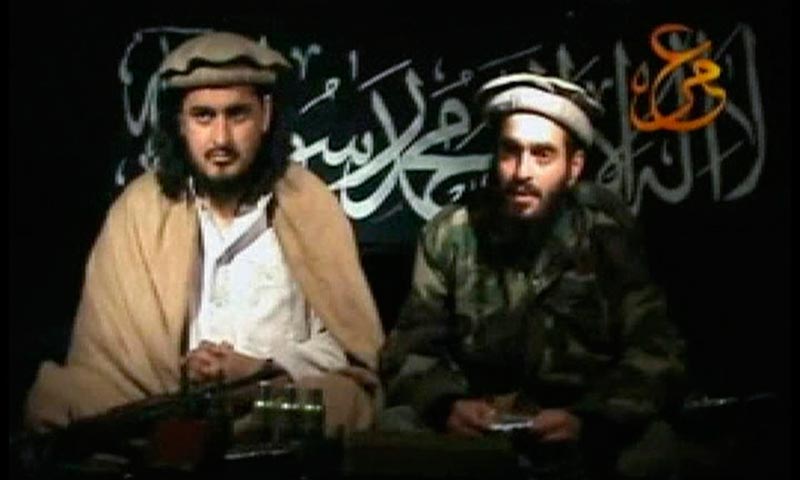Profile: Hakimullah Mehsud


Hakimullah Mehsud, the chief of the banned Tehrik-i-Taliban Pakistan (TTP), was killed in a US drone strike in the North Waziristan tribal region on Friday evening.
Mehsud first came into public prominence after orchestrating audacious raids against the Pakistan Army.
According to reports, Hakimullah is a nom de guerre he later adopted (his birth name is Zulfiqar). He was initially a bodyguard to Baitullah Mehsud, his predecessor and founder of the umbrella group Tehrik-i-Taliban Pakistan, and later became his close aide.
He was also appointed as a spokesman for Baitullah and succeeded him as leader after the latter was killed in a drone strike in August 2009.
In his early life, Hakimullah received basic education at a madrassah in a village in Khyber Pakhtunkhwa's Hangu district.
It was only in 2007 after the capture of 300 Pakistani soldiers that his name and prestige among the Taliban rose dramatically.
He was made the Taliban commander in Khyber, Orakzai and Kurram and was regarded as the mastermind behind the attacks on Nato supply lines in the tribal region.
In 2010, Hakimullah appeared alongside a Jordanian militant in a farewell video in which the latter claimed responsibility for a suicide attack in Afghanistan in which seven CIA agents were killed.
Under Hakimullah, the Taliban formed complex alliances with other extremist militant groups spread across Pakistan.
Regarded by several Taliban militants as being their best leader to date, Hakimullah was known to be a fierce and ruthless leader who inspired respect amongst other militants.
His unknown whereabouts and numerous reports of his killing only added to his prestige among Taliban militants.
In 2009, he was reported to have been killed after a drone strike – one of at least two reports that later turned out to be false.
The United States had also offered a reward of $5 million for information leading to the capture of Hakimullah Mehsud.












































